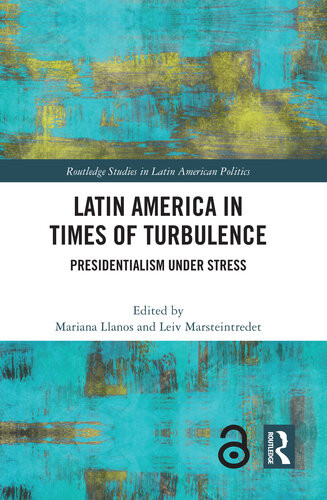

Most ebook files are in PDF format, so you can easily read them using various software such as Foxit Reader or directly on the Google Chrome browser.
Some ebook files are released by publishers in other formats such as .awz, .mobi, .epub, .fb2, etc. You may need to install specific software to read these formats on mobile/PC, such as Calibre.
Please read the tutorial at this link: https://ebookbell.com/faq
We offer FREE conversion to the popular formats you request; however, this may take some time. Therefore, right after payment, please email us, and we will try to provide the service as quickly as possible.
For some exceptional file formats or broken links (if any), please refrain from opening any disputes. Instead, email us first, and we will try to assist within a maximum of 6 hours.
EbookBell Team

4.3
58 reviewsThe Open Access version of this book, available at http://www.tandfebooks.com/doi/view/10.4324/9781003324249, has been made available under a Creative Commons Attribution-Non Commercial-No Derivatives 4.0 license.
This book accounts for and analyses the latest developments in Latin American presidential democracies, with a special focus on political institutions.
The stellar line-up of renowned scholars of Latin American politics and institutions from Latin America, Europe, and the United States offer new insights into how democratic institutions have operated within the critical context that marked the political and social life of the region in the last few years: the eruption of popular protest and discontent, the widespread distrust of political institutions, and, of course, the COVID-19 pandemic. Combining different methodological approaches, including cross-national studies, small-N studies, case studies, and quantitative and qualitative data, the contributions cluster around three themes: the problem with fixed terms and other features of presidentialism, inter-institutional relations and executive accountability, and old and new threats to democracy in these times of turmoil. The volume concludes with an assessment of the political consequences of the COVID-19 pandemic in Latin America.
Beyond current scholars and students of comparative political scientists, Latin America in Times of Turbulence will be of great interest to a wide spectrum of readers interested in comparative systems of government, democracy studies, and Latin American politics more generally.